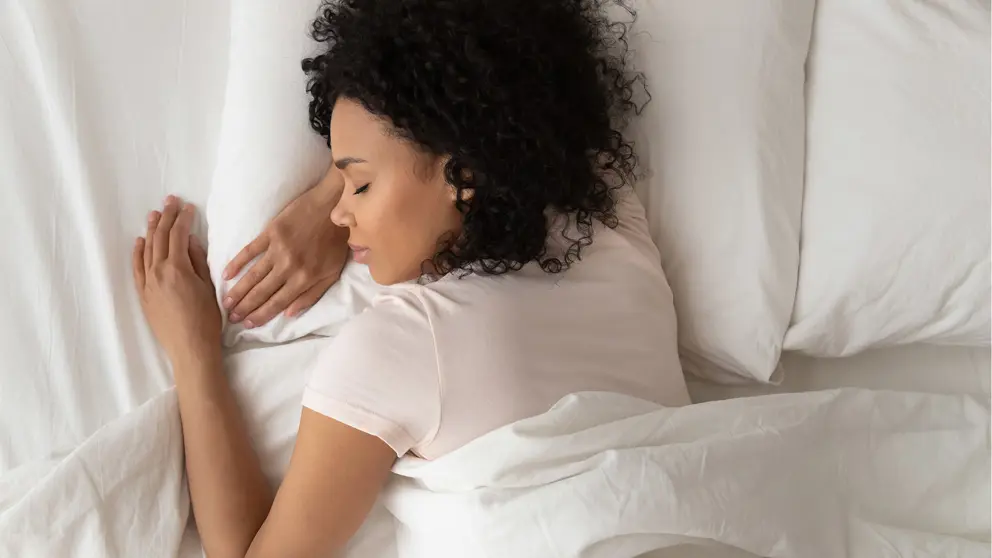Sleep health, or good sleep hygiene, has an important role to play in your health and well-being. Not getting enough sleep, poor quality sleep, sleep apnea, insomnia and shift work can stress the body, says sleep and stroke neurologist Dr. Mark Boulos.
Sleep problems can directly or indirectly lead to depression, obesity, high blood pressure, diabetes, heart failure, arrhythmia, stroke, heart attack or even sudden death.
Healthy sleep is even more important for people who have had a stroke or mini-stroke (TIA or transient ischemic attack), or those with a heart condition or vascular cognitive impairment. Sleep apnea (which causes intermittent pauses in breathing during sleep) can cause you to snore, choke and gasp, and leave you with morning headaches. People with sleep apnea who have had a stroke or a cardiac event may have longer hospital stays and a higher risk of another stroke or cardiac event.
Improve your sleep
Here are some tips from Dr. Boulos to improve your sleep:
- Aim to sleep eight hours every night.
- Keep to a consistent sleep schedule, even on weekends.
- Sleep in a dark, quiet and cool bedroom.
- Finish eating two hours before bedtime.
- Avoid caffeine within six hours of bedtime.
- Don’t drink alcohol within two hours of bedtime.
- Avoid electronic screens before bedtime and if you wake up during the night.
- Kick the smoking habit.
- Be more active.
- Avoid sleeping on your back. (One trick: Wear a pyjama shirt backwards and put a tennis ball in the breast pocket to keep you from rolling onto your back.)
- Don’t use your bedroom for work, computer use or watching TV.
- Use a relaxation technique before going to sleep.
- If you can’t sleep, get up after 20 minutes and do something boring for a while.
- Write your worries down so you don’t take them to bed with you.
If you work shifts or are on call during the night:
- Try to give yourself a minimum of 11 hours of recovery time between shifts if you can.
- Aim to work less than 60 hours a week and try to limit work shifts to less than 10 hours a day.
- Make sleep and recovery your priority when you aren’t working.
Dr. Mark Boulos is a neurologist and researcher at Sunnybrook Health Sciences Centre, the Sunnybrook Research Institute and the University of Toronto, who specializes in stroke and sleep.
